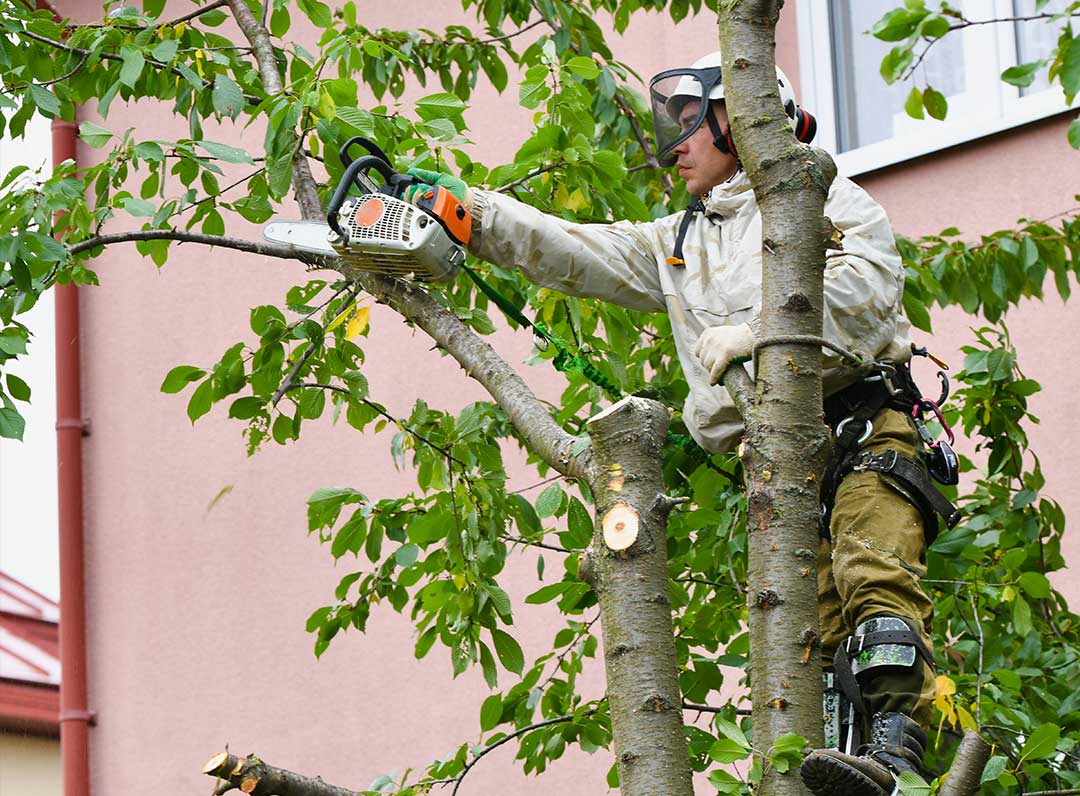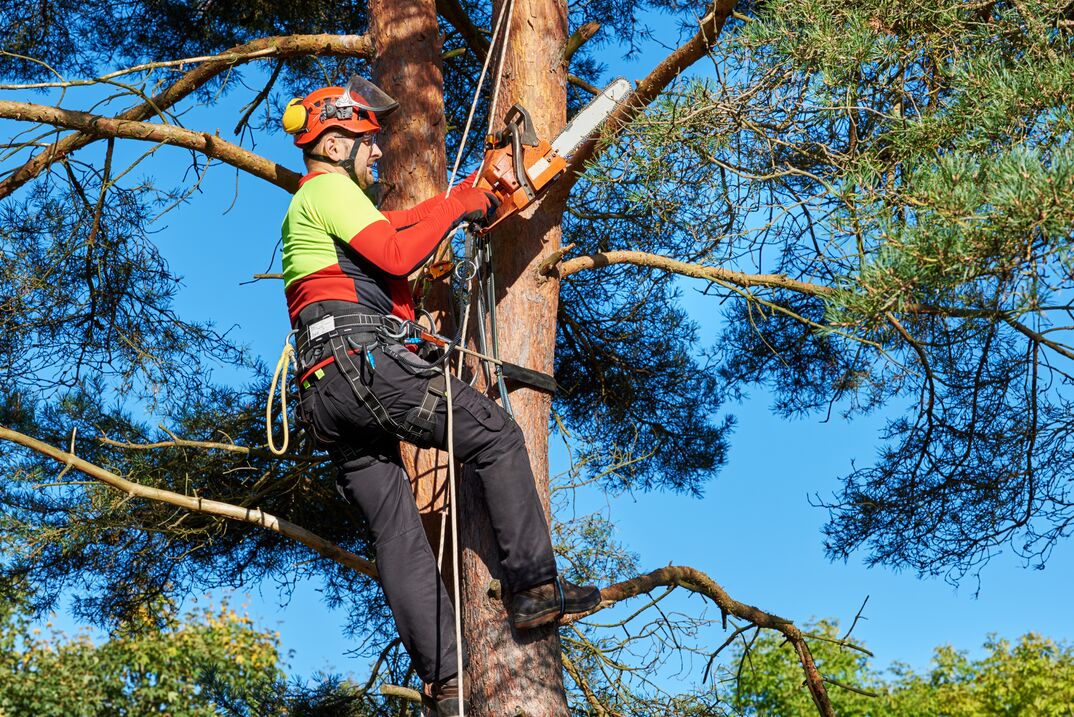
Trees in your compound make your home look beautiful. Your yard with trees creates a shaded lounge area. This is also a lovely place to build a tree house or hang a tire swing to enjoy sometimes.
Trees enhance the look of your property, but maintaining them should not be side-stepped.
Why Do It?
Trees should be regularly trimmed, and sometimes even the branches are required to be cut off to ascertain the tree health and also the safety of your family and house. There are valid reasons for tree trimming and it can be a crucial part of your yard maintenance. Generally, it is best to prune the trees ensuring safety, this may be followed for health purposes and lastly for aesthetics.
Benefits of Tree trimming
- Safety: Eliminating the branches from trees refers to the branches that may damage your property or people.
- Tree Health: Cutting diseased or dead branches benefit the overall tree health. Pruning encourages trees to develop strong core structures such that they can withstand the elements.
- Aesthetics: Tree trimming helps accentuate the physical tree appearance and also improve the fruit or flower production.
How Often?
The tree trimming trees once a year, particularly in the dormant season is recommended. However, tree trimming may become essential or inevitable to consider immediate trimming:
- This may be required if the growth of the tree obstructs visibility of vehicles or pedestrians.
- The growth of the tree threatens your property or home. If a tree required to be trimmed as it may damage your home, it is very important to call an arborist so that they may assist with tree trimming.
- A storm resulting in limbs falling on power lines. Ensure to get in touch with the local utility company so that they handle the job deftly. It is dangerous even if it gets a bit closer to power lines. If so, immediately consider trimming of trees.
DIY Trimming
An important rule while tree trimming or cutting a tree is personal safety. The ideal way of helping is to ensure safety and this may be done by hiring an arborist to clip back the trees. For trimming, there may be need for a ladder and sometimes the branches in close proximity to power lines poses potential danger, and the safest action is to leave it to a professional.
Yet, if you plan to trim your trees, consider this guide for assistance so that you will know if it safe or not to go ahead with cutting branches:
- If the branches diameter is under 2 inches, you may proceed
- If they are between 2 and 4 inches in diameter, think it over.
- More than 4 inches, call American Arborist Tree Service

TREE TRIMMING
Benefits of Service
Improve the overall health of your trees
Allows you to detect any diseases before they advance
Increases productivity
FAQ
Maintenance Tips
How much does it cost to remove a tree?
That is a tricky one. Like everything else, price is relative to and a reflection of the cost to the company. Each tree is unique and requires a unique approach. It is very hard to estimate the cost of a tree without seeing it and getting an idea of what is involved in the removal.
When is the best time to cut down a tree?
In general, the best time to cut down a tree is as soon as you notice it is a hazard. While you might want to wait – whether it is for a better season or a bigger paycheck – you shouldn’t. The longer a hazardous tree is in your yard, the bigger risk it becomes. Every windy day or bout of extreme weather weakens the tree and increases the risk that it falls and causes damage to your property.
If a tree has a disease like EAB, you will have to wait until the insects are less active (mid-late fall or early spring) to cut down the tree. The DNR has restrictions on when we are allowed to cut diseased trees in order to reduce the spread of the disease.
Do I have to be home for the removal process?
No. As long as you can provide us with access to the property, you do not need to be home for the process.
